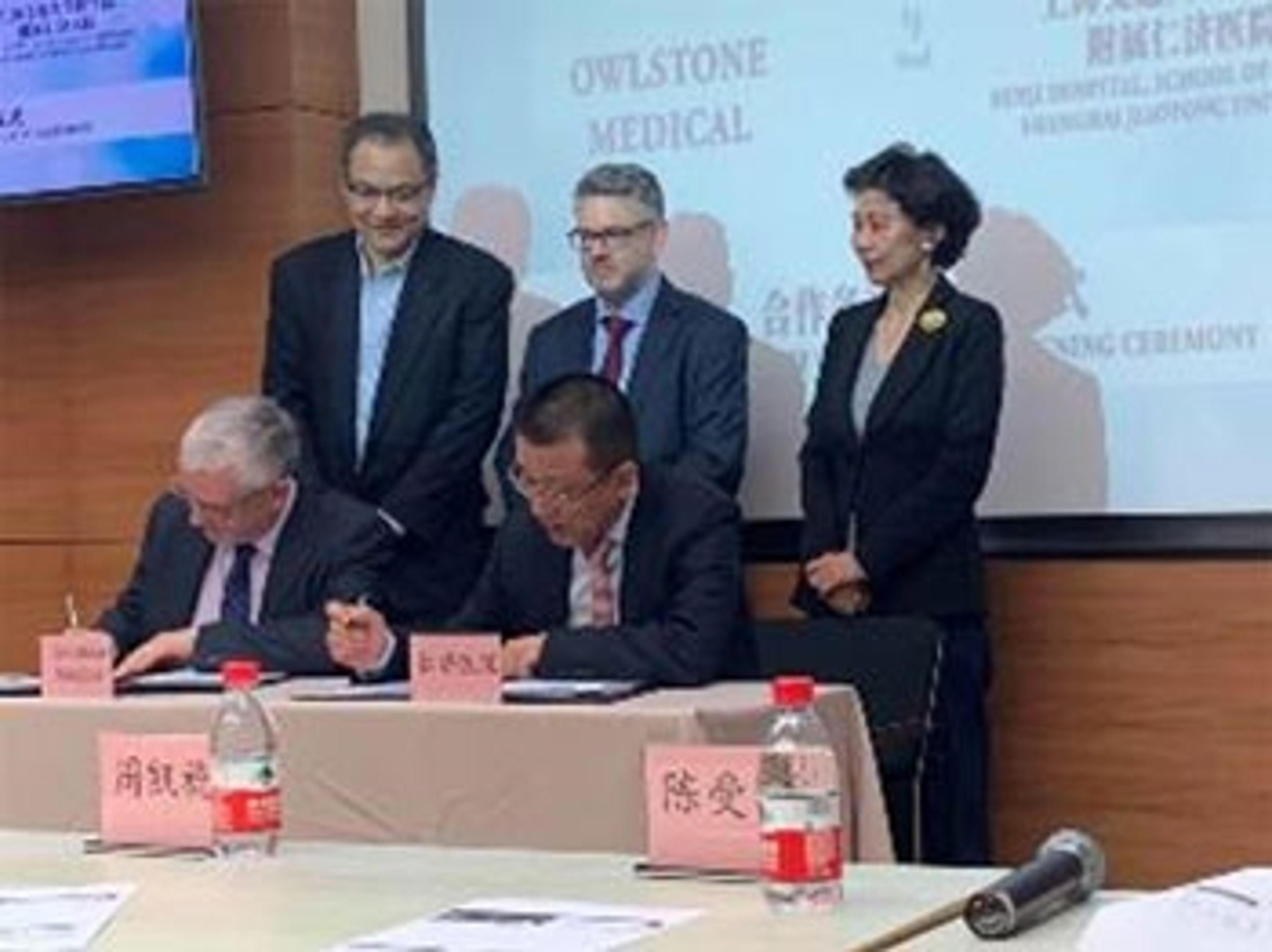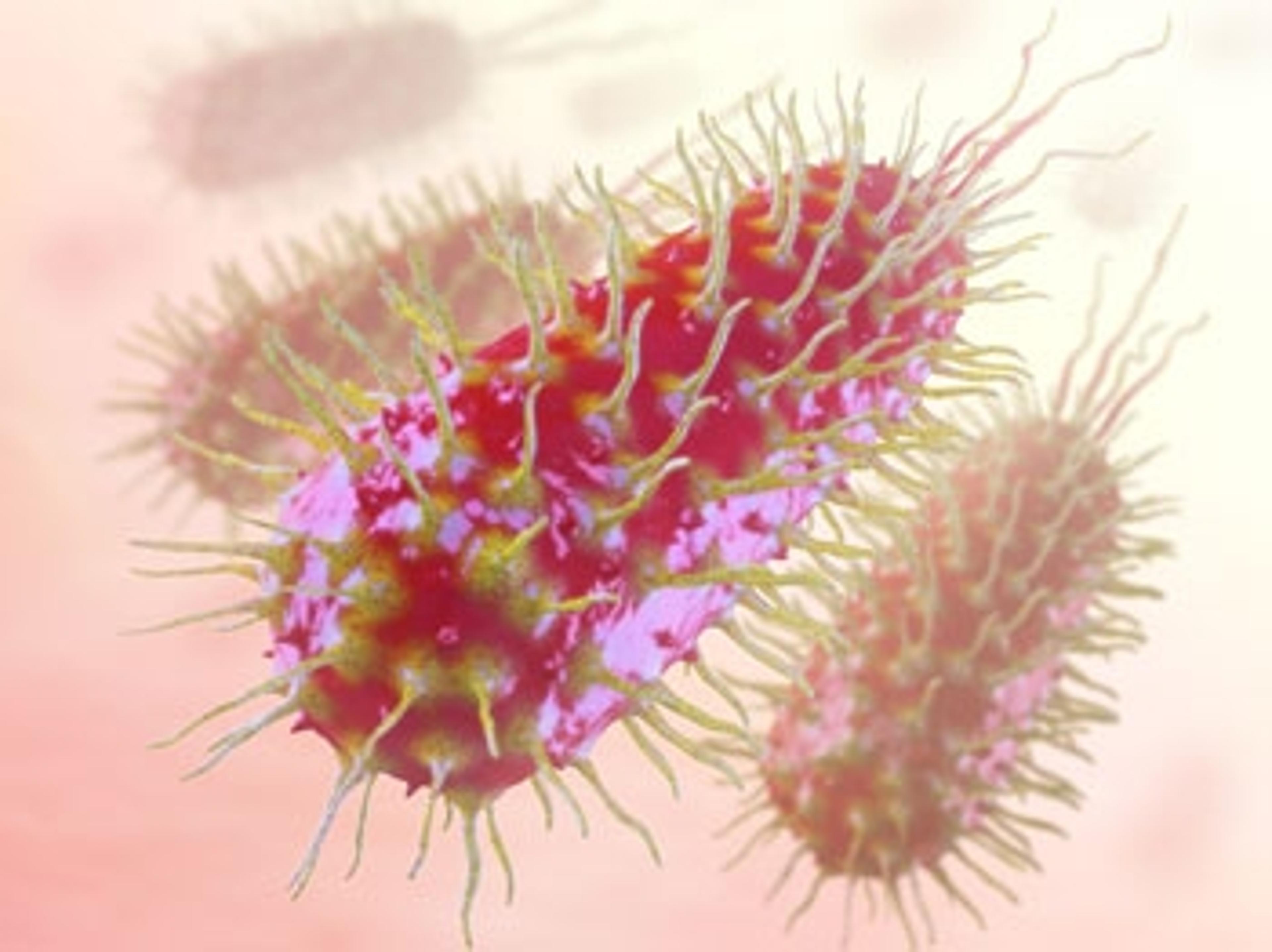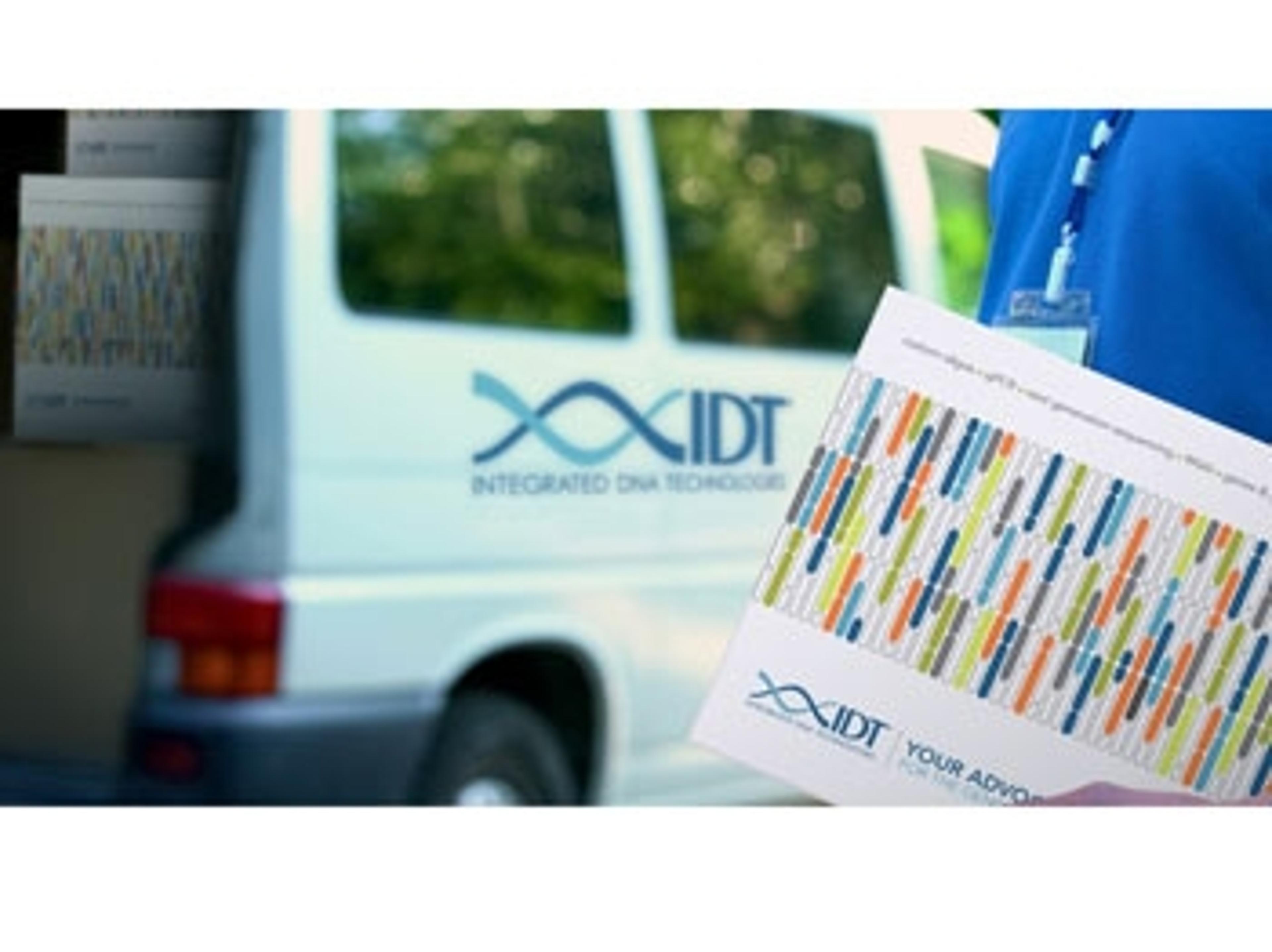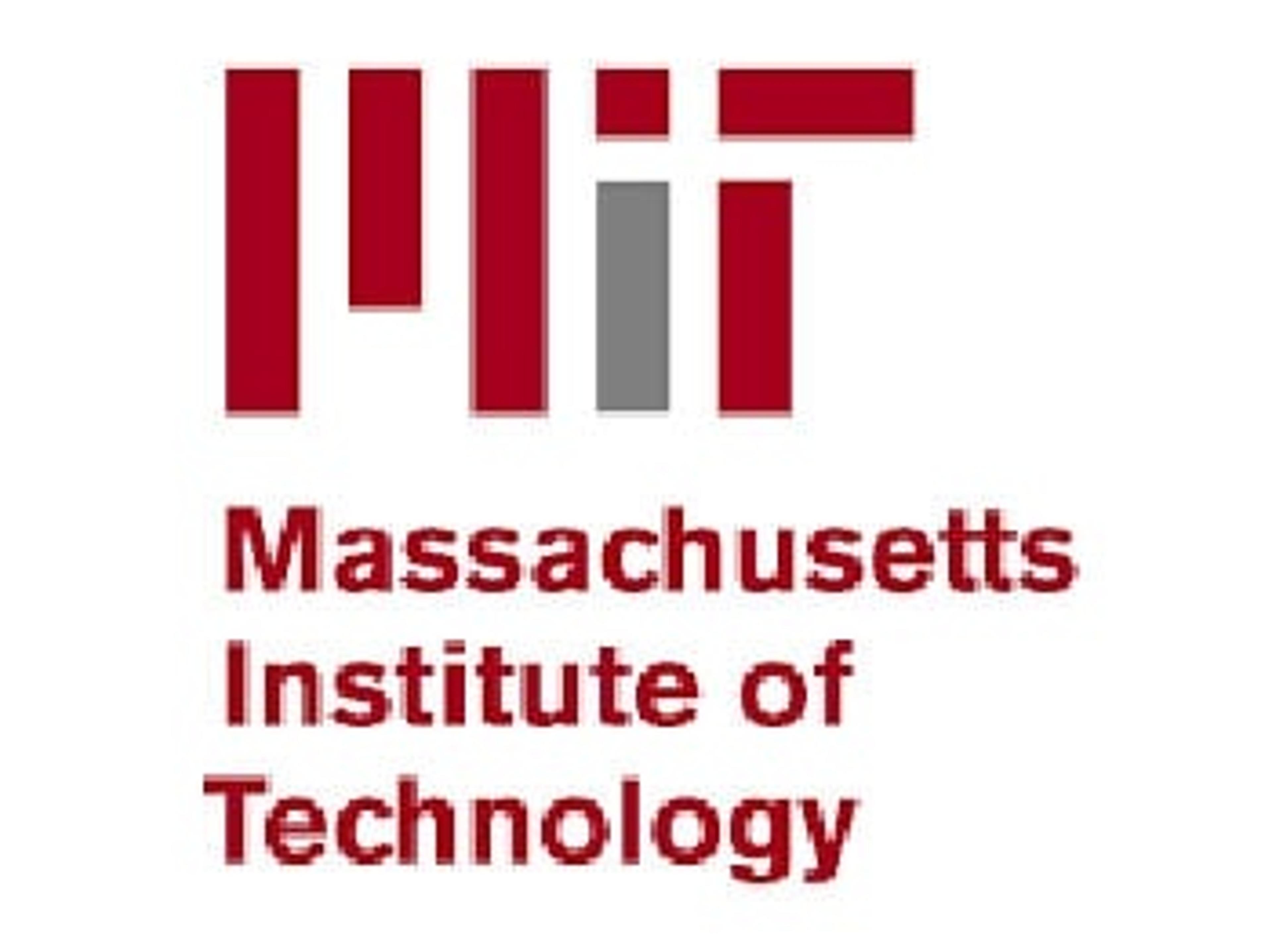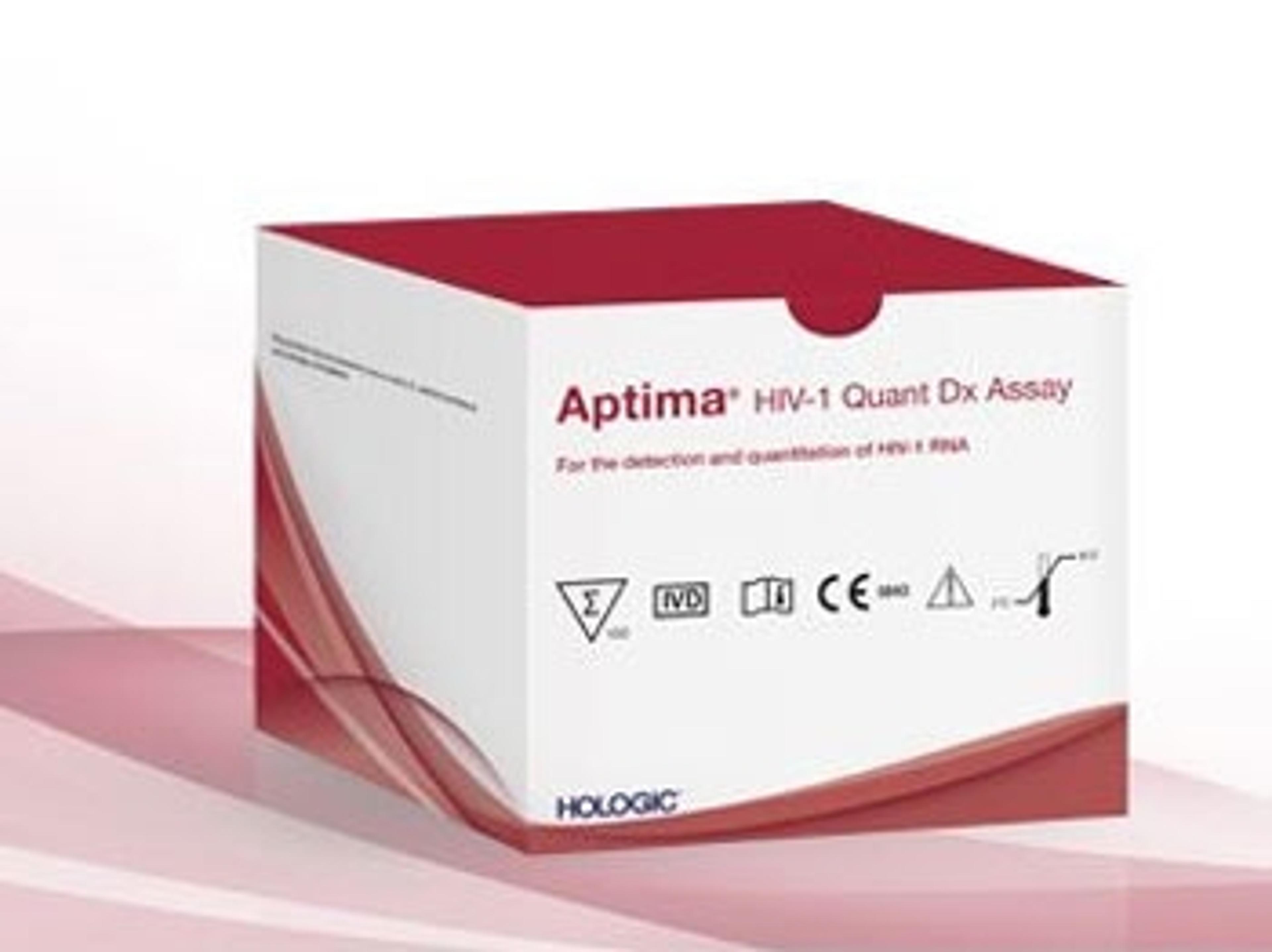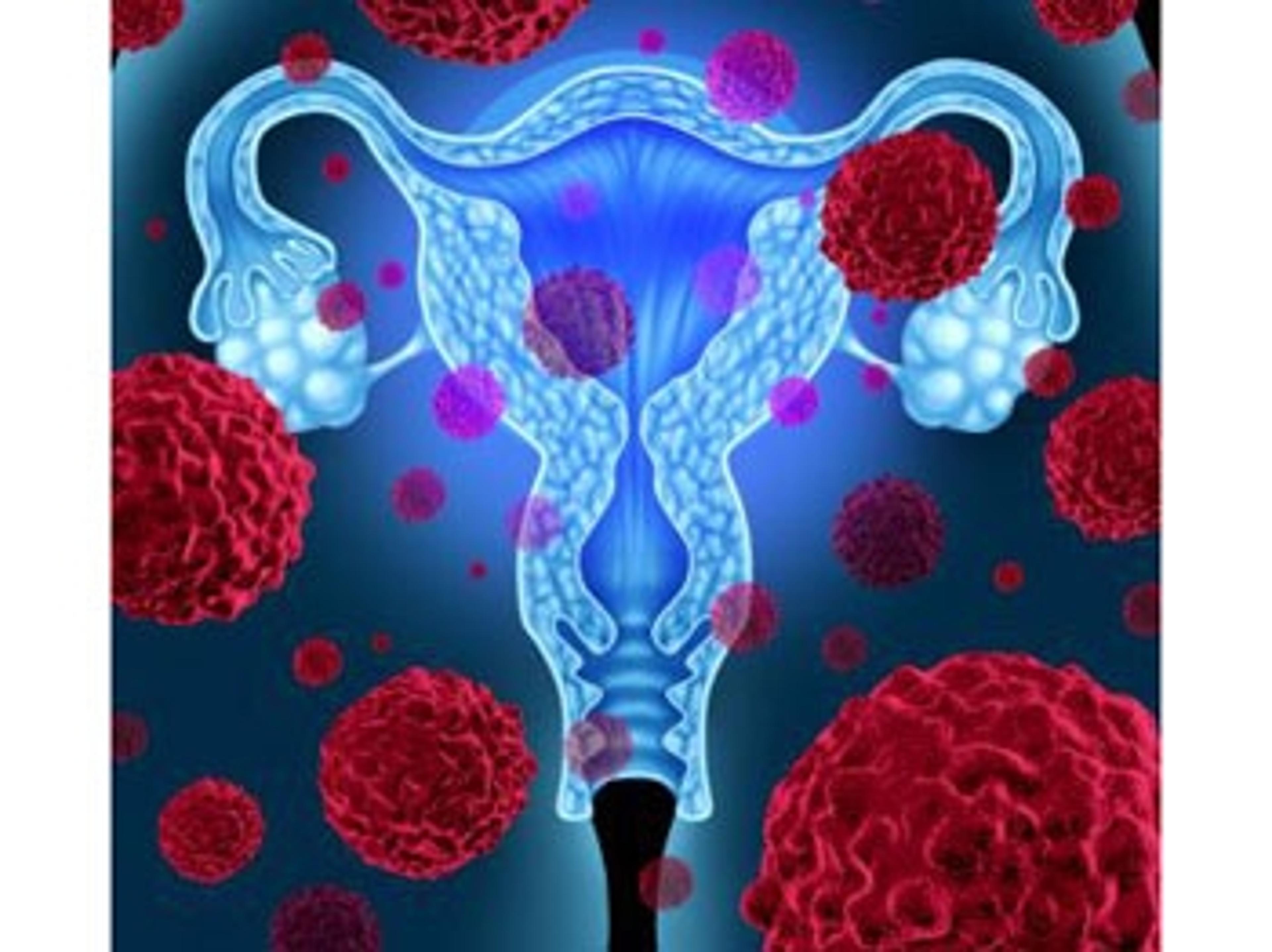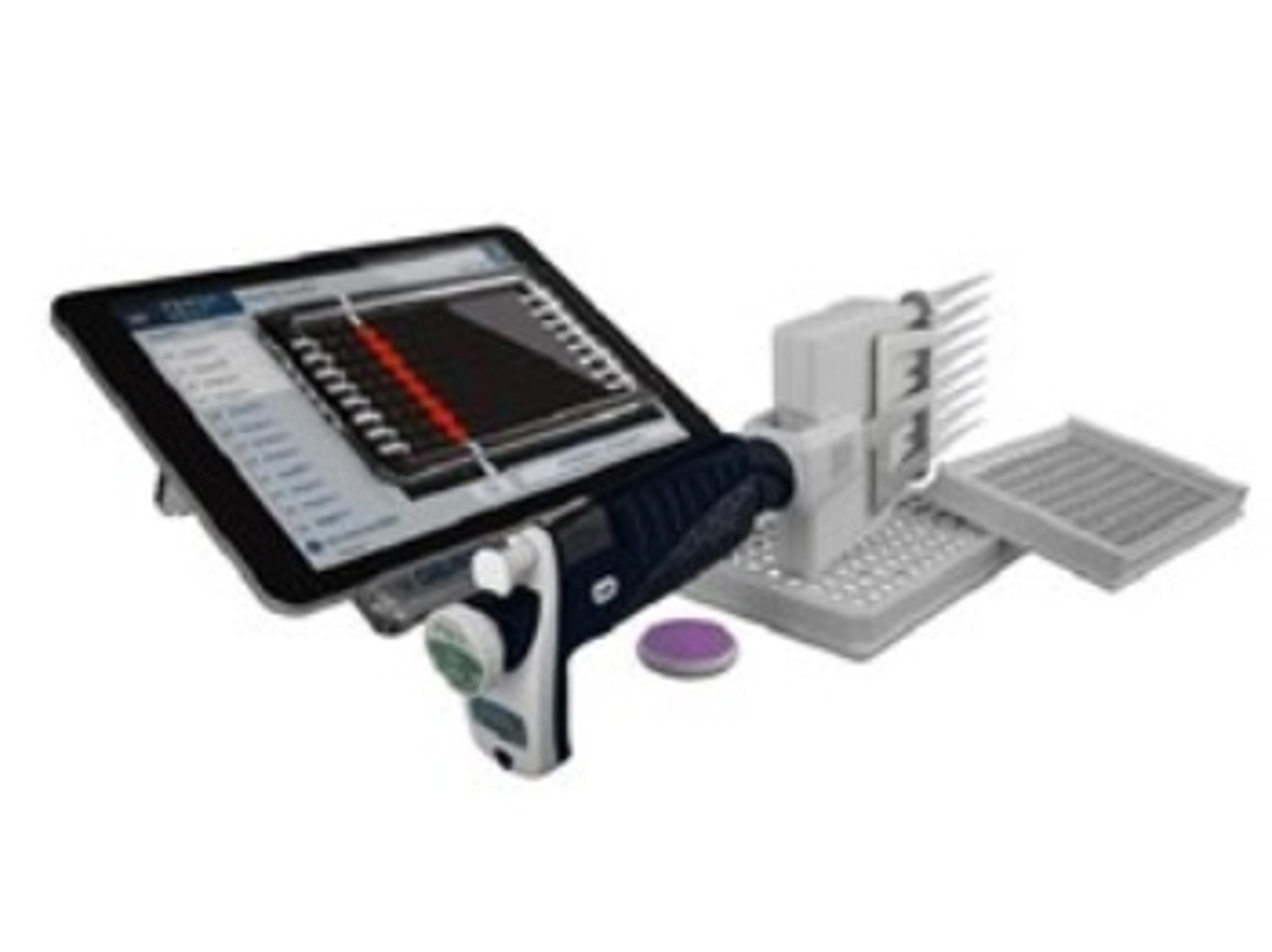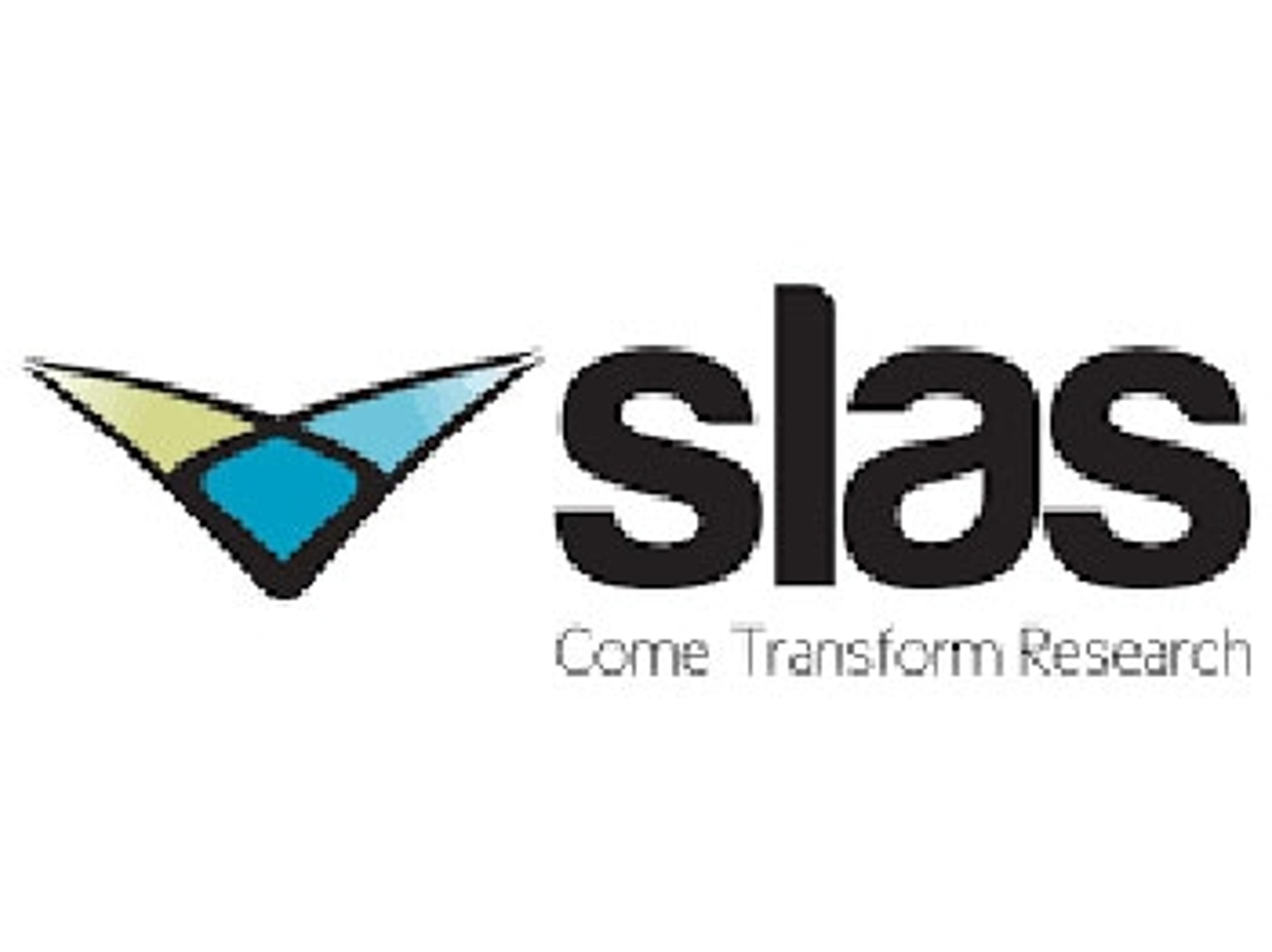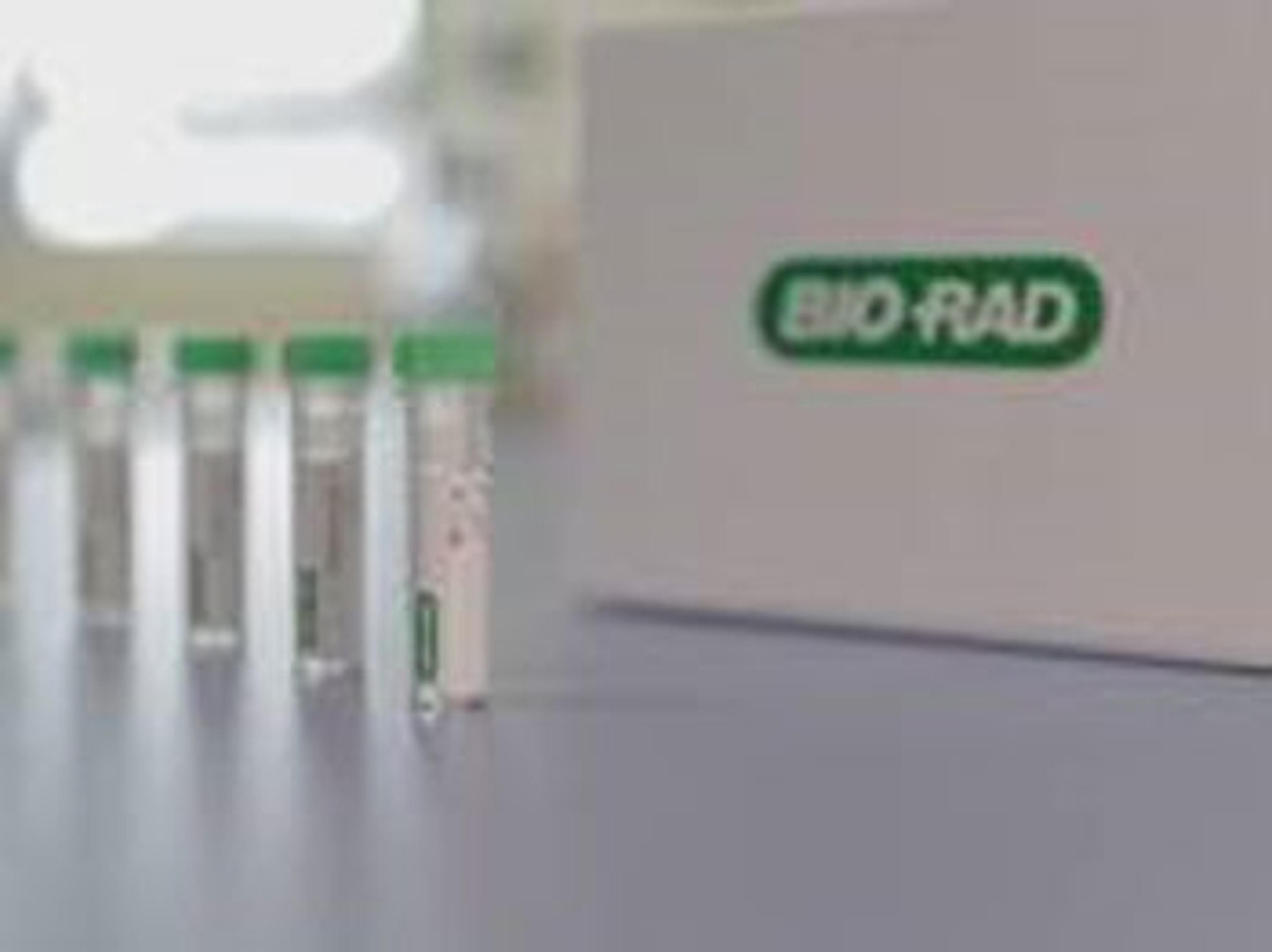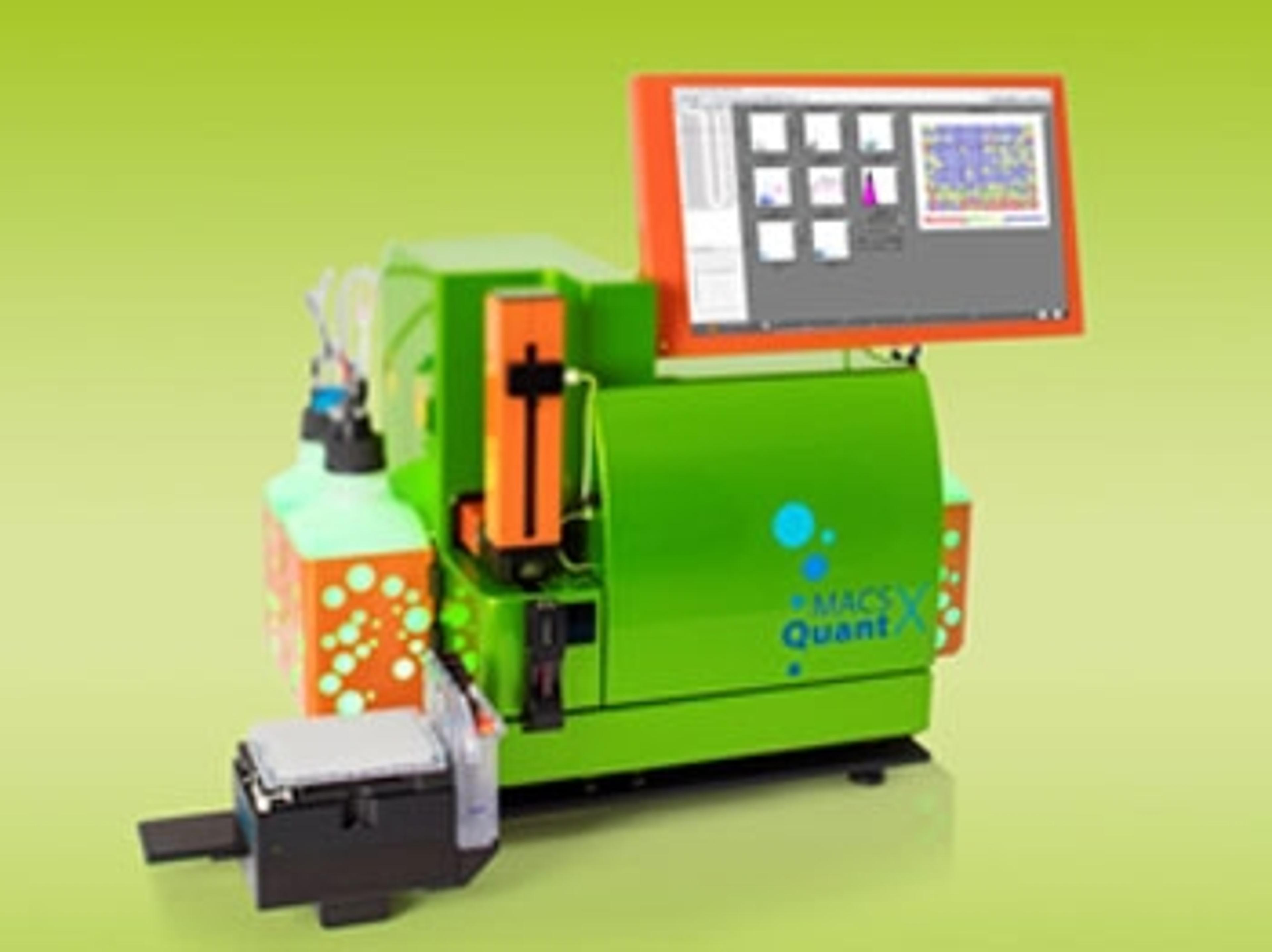News & Articles
Curetis’ Subsidiary Ares Genetics and QIAGEN Enter into Bioinformatics Partnership to Fight Antimicrobial Resistance
QIAGEN becomes exclusive partner for bioinformatics research applications based on ARESdb and AREStools
Chemspace and LabNetwork Collaborate to Extend Access to Chemical Databases
Collaboration provides drug discovery researchers access to European distribution and local support for library of in-stock and on-demand compounds
Unprecedented Possibilities in New Method of 'Strain Engineering' Materials
Advancements in machine learning implemented to unearth numerous potential material applications for a diverse range of industries
Landmark Dual CE Mark Granted to Hologic's Aptima in HIV-1 Diagnosis
The certification indicates that the Aptima is the first and only diagnostic tool to incorporate both viral load and early infant diagnosis
Huge Chinese Investment in ‘Silicon Valley’ Rival Set to Accelerate Semiconductor Innovation
Liverpool Accelerator Science Symposium considers growing importance and economic potential of particle colliders
Artificial Intelligence Increases Diagnostic Rates in Surviving Ovarian Cancer Patients
New machine learning software can forecast the survival rates and response to treatments of patients with ovarian cancer
Oxford University Scientists Catch Heartbeat ‘Molecular Switch’ in Action
Calcium flow tracked in heart muscle fibres in real time
AMSBIO Offers Augmented Range of Noble Metal Coating Services
Customized solutions Offered for various surface science applications, particularly nanotechnology, for industrial and academic researchers
New Partnership Extends Reach of Hematopoietic Primary Cells Portfolio
Lonza and AllCells team up to offer an extensive range of hematopoietic primary cells to reach the global scientific community
The Potential Bright Future for Perovskites' use in Solar Cells
Researchers discover new methods to improve the crystals' efficiency as a solar cell material
Optimized ChIP workflow promises increased productivity and higher quality samples
Achieved by combining Chromatrap immunoprecipitation system with the Covaris truChIP and AFA sample preparation technologies
The Connected Laboratory and the Role of IoT – Internet of Things
Gilson Connect and SciNote aim to overcome the lack of reproducibility across scientific articles
New Product Award Winners Announced at SLAS2019
Difficult decision as 56 entries whittled down to three
Bio-Rad Introduces Anti-Eculizumab Antibodies
New range for use in drug level monitoring assays and biosimilar development
Metrion Biosciences and LifeArc Sign Collaborative Agreement for Neuroscience-Focused Ion Channel Drug Discovery
Novel small molecule programme aims to address major unmet medical need in neuroscience
Beckman Coulter Life Sciences Acquires Labcyte to Expand Laboratory Automation Business
Beckman Coulter Life Sciences has announced its acquisition of Labcyte, a privately held, acoustic liquid handling company based in San Jose, California
Miltenyi Biotec to Demonstrate the MACSQuant® X Fully-Automated Flow Cytometry System at SLAS 2019
Miltenyi Biotec will showcase a fully-automated flow cytometry screening set-up at SLAS booth #316
Specialist microplate assists cannabis THC/CBD analysis
Porvair Sciences reports on a highly effective protocol for preparing cannabis samples for analysis of Tetrahydrocannabinol (THC) and Cannabidiol (CBD)
SelectScience to Host Exclusive T-Shirt Give-Away and Scientists’ Choice Awards Party at SLAS 2019
Visit booth 1413 at the SLAS2019 conference in Washington D.C., USA, to pick up a limited edition T-shirt in exchange for a 2-minute lab product review – there are four fab designs to choose from



